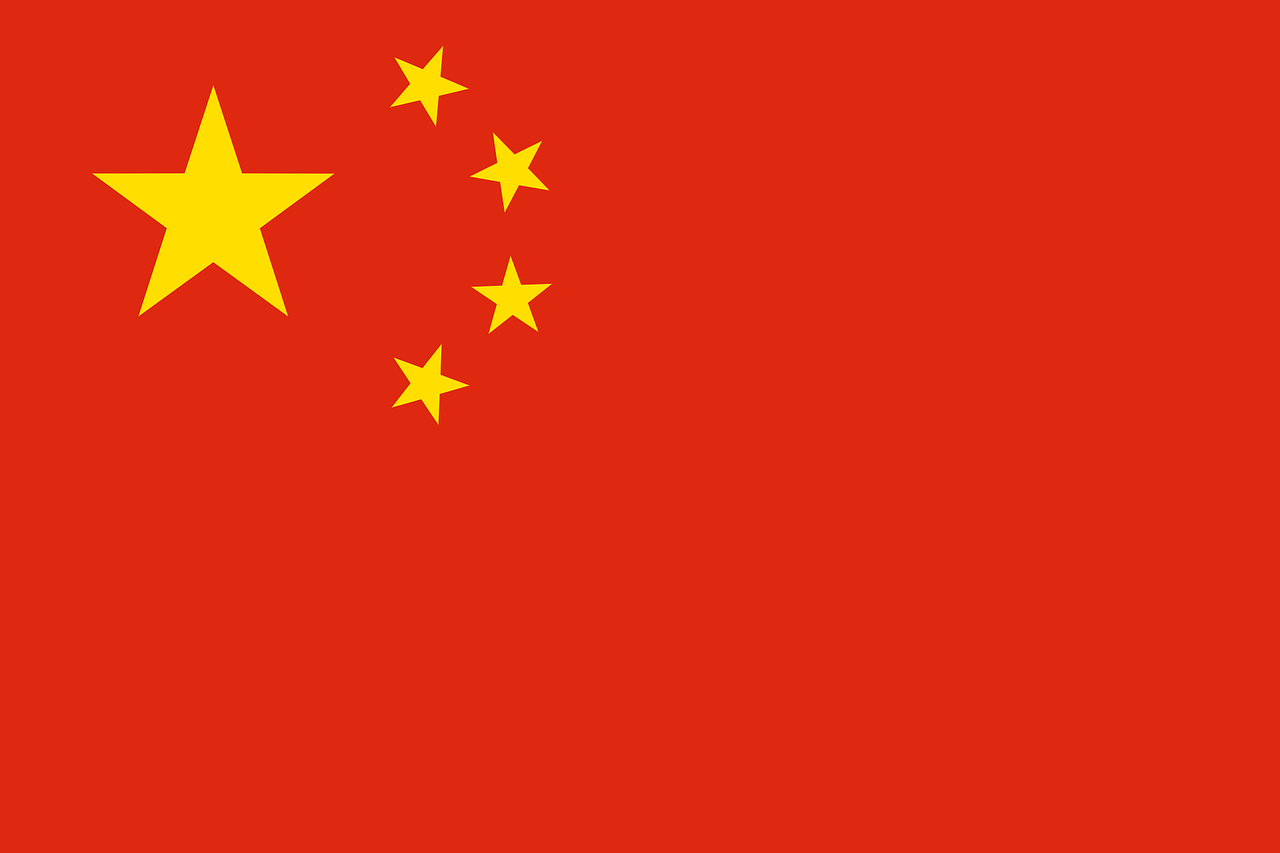
403
Sorry!!
Error! We're sorry, but the page you were looking for doesn't exist.
Media reports American tech leader parts research division in China
(MENAFN) International Business Machines Corporation (IBM) is dismantling its research and development (R&D) division in China, marking a significant retreat from the world's second-largest economy. This move reflects growing friction between Beijing and Washington and is set to impact more than 1,000 IBM employees across its facilities in Beijing, Shanghai, and Dalian.
The closure involves two key divisions: the China Development Lab and the China Systems Lab. These units specialized in R&D and testing, and their shutdown is part of IBM's broader strategy to reorient its operations amidst evolving global dynamics. An IBM representative stated that the company’s ability to support clients throughout the Greater China region will remain unaffected by these changes, though specific details regarding the layoffs were not provided.
Following the closure of these divisions, IBM plans to refocus its efforts on serving private enterprises and select multinational clients within China. According to reports from the Wall Street Journal, employees briefed by IBM vice president Jack Hergenrother revealed that the company intends to relocate its R&D functions from China to other locations. In particular, IBM is reportedly expanding its hiring of engineers and researchers in Bangalore, India, as part of this strategic shift.
This decision places IBM alongside several other major international tech firms that have recently scaled back their operations in China. The sector, marked by intense competition between the US and China, has become a battleground for technological supremacy, encompassing areas such as semiconductors and artificial intelligence.
In recent months, several global technology companies, including Swedish telecommunications giant Ericsson, American electric vehicle manufacturer Tesla, online retail leader Amazon, and chip producer Intel, have announced significant job cuts affecting their China-based employees. These reductions underscore the increasing sensitivity and volatility within the tech industry, exacerbated by the geopolitical tensions between the two superpowers.
The closure involves two key divisions: the China Development Lab and the China Systems Lab. These units specialized in R&D and testing, and their shutdown is part of IBM's broader strategy to reorient its operations amidst evolving global dynamics. An IBM representative stated that the company’s ability to support clients throughout the Greater China region will remain unaffected by these changes, though specific details regarding the layoffs were not provided.
Following the closure of these divisions, IBM plans to refocus its efforts on serving private enterprises and select multinational clients within China. According to reports from the Wall Street Journal, employees briefed by IBM vice president Jack Hergenrother revealed that the company intends to relocate its R&D functions from China to other locations. In particular, IBM is reportedly expanding its hiring of engineers and researchers in Bangalore, India, as part of this strategic shift.
This decision places IBM alongside several other major international tech firms that have recently scaled back their operations in China. The sector, marked by intense competition between the US and China, has become a battleground for technological supremacy, encompassing areas such as semiconductors and artificial intelligence.
In recent months, several global technology companies, including Swedish telecommunications giant Ericsson, American electric vehicle manufacturer Tesla, online retail leader Amazon, and chip producer Intel, have announced significant job cuts affecting their China-based employees. These reductions underscore the increasing sensitivity and volatility within the tech industry, exacerbated by the geopolitical tensions between the two superpowers.

Legal Disclaimer:
MENAFN provides the
information “as is” without warranty of any kind. We do not accept
any responsibility or liability for the accuracy, content, images,
videos, licenses, completeness, legality, or reliability of the information
contained in this article. If you have any complaints or copyright
issues related to this article, kindly contact the provider above.


















Comments
No comment